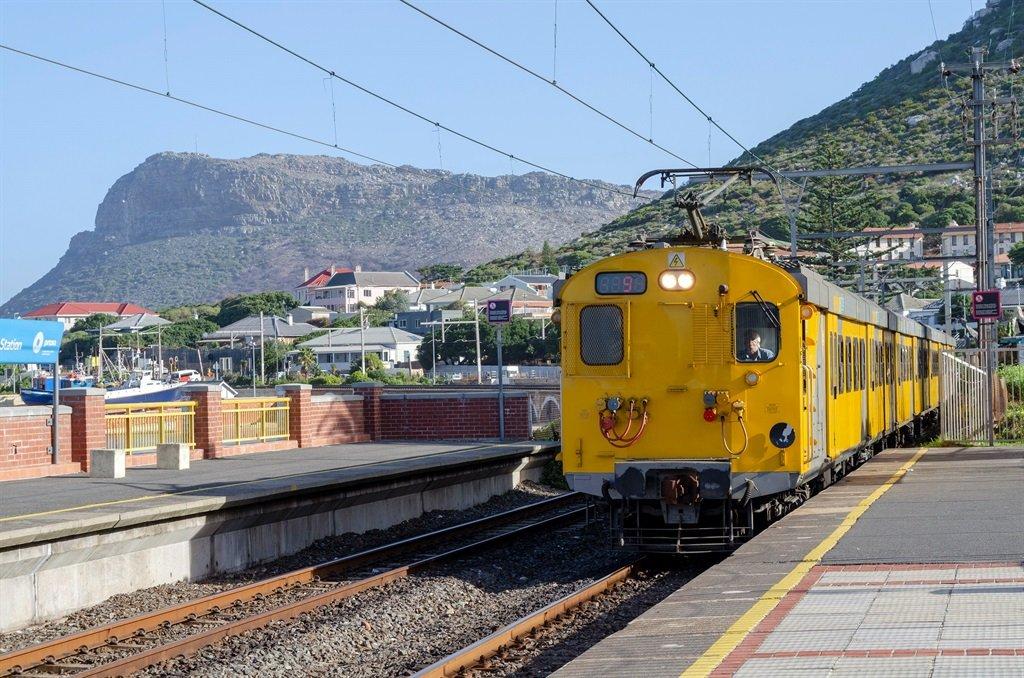Africa-Press – South-Africa. Private sector participation, slot concessions and third-party access are a critical part of the government’s draft White Paper on National Rail Policy’s ambition to bring structural reforms to passenger and freight rail.
“You, as business people in logistics, complain about Transnet and slow delivery in terms of logistics. Our intervention seeks to give an answer to that. Open the industry, include private sector – not privatise, but provide support to improve the state of the sector,” said Transport Minister Fikile Mbalula at the launch of the White Paper.
In April, Transnet announced that it would sell slots on its rail network to companies.
Transnet to sell rail slots to third parties as it moves to liberalise the sector
Sixteen slots are up for grabs. Six of these will be for containers and general goods moving between City Deep and Durban. Ten other slots are available between Springfontein in the Free State and East London.
However, unions have been wary of private participation drives in initiatives including the expansion of the Durban Port, branding such initiatives as privatisation by other means.
Mbalula said the road network of South Africa was crippled because of heavy traffic, which meant that the efficiency of road logistics has become hamstrung. But he said the participation of the private sector in rail, as envisioned by the White Paper, should not be construed as privatisation of rail entities or rail infrastructure.
Government spending is expected to cover only about 30% of the desired investment into the freight rail network without private participation and investment, according to the White Paper.
“South Africa finds herself in a difficult situation where funding sources are inadequate to meet the requirement for rail and freight in the market. The national rail policy directs private participation through concessioning and third party access,” said Mbalula.
“The concessioning of branch lines to the main lines will form a critical part of the framework to be finalised by the department later this year,” he said.
Nick Hedley | The big Catch-22 in the race to revive SA’s freight rail network
Mbalula and Public Enterprises Minister Pravin Gordhan told investors and private business leaders in rail, freight and logistics that the draft White Paper envisioned that their participation in the space would help modernise the sector and improve efficiencies at the South African government’s troubled rail entities, including the Passenger Rail Agency of South Africa and Transnet.
Gordhan said network industries played a critical role in the efficiency and competitiveness of any economy. He said the logistics component of these network industries was at the forefront sustaining strong commercial activity.
“The rail sector is also one of the inherited ones we have as a country. The geography of the sector is related to our past in terms of what we exported, where we exported from and where we exported to. The passenger component also operates in a similar environment. We want to give coherent components in terms of how the sector develops,” said Gordhan.
He said criminal syndicates that vandalised and stole infrastructure for the sale of scrap metal were receiving increasing attention from government’s security structures. He said the government needed to come up with creative ways to ensure open participation in the private rail sector by small and black-owned businesses.
Back on track? Government releases SA’s draft plan to revive rail
Mbalula said the objectives of the White Paper include enabling railway investment in heavy-haul and high-speed rail and institutional repositioning to allow for on-rail competition, allowing for other operators to compete to improve efficiency.
Support will be afforded to agricultural and mining sectors, Mbalula said. He said the concessioning of passenger lines was introduced to allow private participation and the terms of this participation will be further formalised in the Rail Masterplan once it is released.
For More News And Analysis About South-Africa Follow Africa-Press






